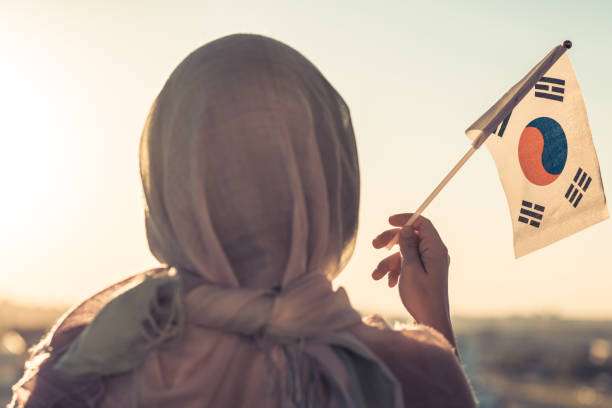MUHAMMADIYAH.OR.ID, SOUTH KOREA – In South Korea, strict government regulations around animal slaughter mean that Indonesian Muslims have to celebrate Eid al-Adha a bit differently. According to the Vice Chairperson of the Muhammadiyah Special Branch (PCIM) of South Korea, Heri Akhmadi, all sacrificial slaughter must be done at licensed slaughterhouses.
Indonesian Muslims living in South Korea are finding new ways to observe Eid al-Adha, as strict government regulations require all sacrificial slaughter to be carried out at licensed facilities. According to the Vice Chairperson of the Muhammadiyah Special Branch (PCIM) of South Korea, Heri Akhmadi, the community must adjust long-held traditions to comply with local laws, often coordinating with approved slaughterhouses rather than performing the sacrifice themselves.
“Indeed, native Koreans are not allowed to slaughter animals by themselves,” said Heri in an interview on Thursday, June 5.
Despite the restrictions, Muslims in South Korea are still able to perform the Eid al-Adha prayer. However, the Eid celebrations are far more modest than those in Indonesia.
“Muslims usually perform the Eid prayer at their local mosques, and continue their routines afterwards,” said Heri.
Since PCIM members live in different cities, there is not any gathering for the holiday.
Living as a Muslim Minority in South Korea
Muslims, including Indonesian Muslims, in South Korea do not prepare festive Eid al-Adha celebrations. For one reason, most of them are students and migrant workers. According to Heri, there were about 70,000-80,000 Indonesians in South Korea, and 90 percent of them are migrant workers.
The other reason is that Muslims are a minority in South Korea, so they have to adapt to an environment that is not familiar with Islamic understanding and traditions.











